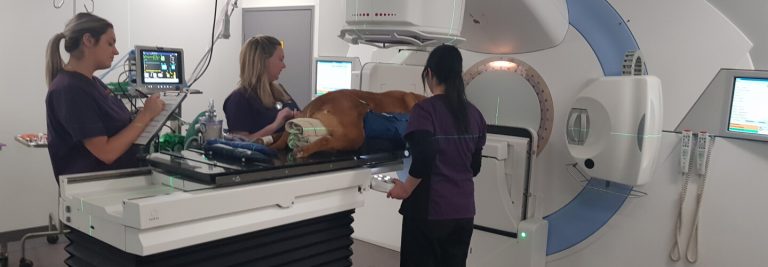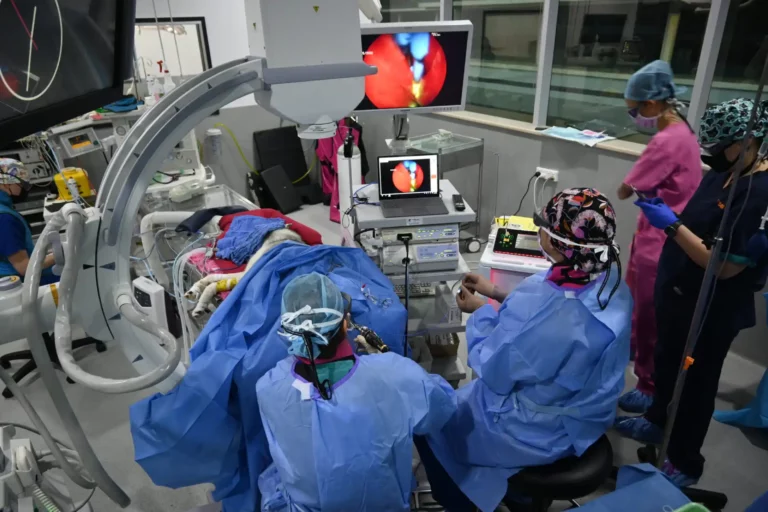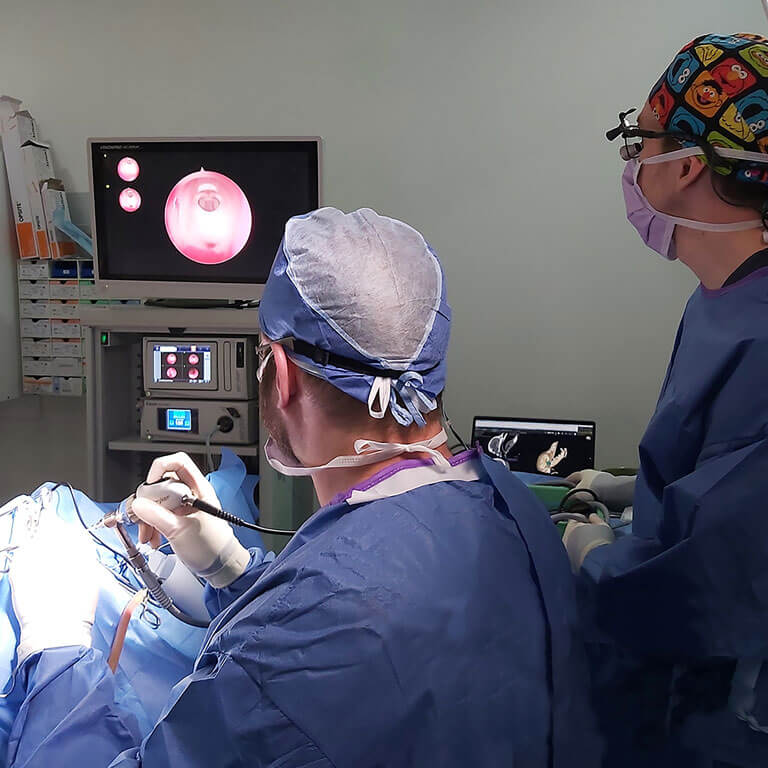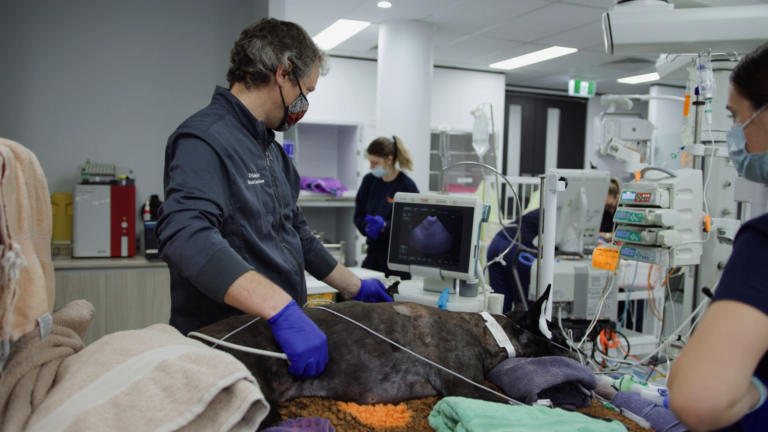By Dr Amy Lam, Specialist in Internal Medicine
What are antibiotics for pets?
Antibiotics for pets can be prescribed to fight potentially life-threatening infections from bacteria. Not all infections are bacterial, but in this case, your veterinarian believes that your pet will benefit from this treatment.

How to give antibiotics for pets
Antibiotics for pets need to be given strictly as directed by your veterinarian. With most treatments, symptoms should rapidly improve. For chronic infections it may take longer for symptoms to resolve.
It is important that you give the antibiotic at the frequency and dose directed by your vet. Some antibiotics need to be given frequently, others at high doses to ensure they kill the right bacteria. If not given appropriately, this can increase risk of resistant bacteria developing, and treatment failing. If you are unable to give the antibiotic at the dose or frequency prescribed – please contact your vet (SASH or regular vet) to discuss options.
For example:
- Some cats are difficult to medicate, consider having a look at icatcare.org for helpful information and videos on how to administer medications to cats.
- Sometimes, trying to hide medications in food may be ineffective. Instead, consider giving a tasty treat with the antibiotic, positive reinforcement for the treat being given – this might make it easier next time
- Ask your vet if an easier formulation is available. Sometimes liquids or pills are easier to give
Side effects of antibiotics for pets
Diarrhoea
When antibiotics for pets are given by mouth or injection, it is not uncommon for pets to get diarrhoea. This is because the antibiotic has effects on bacteria all over the body – including the normal bacteria in your pet’s gut. Often probiotics, can be used to re-establish healthy gut bacteria. There are some specifically made for pets. We suggest using these in preference to human probiotics when possible.
Regurgitation & vomiting
Regurgitation and vomiting is an uncommon side effect of antibiotics for pets. Sometimes this can be due to stomach upsets from the antibiotic. Probiotics and a bland diet might help. Sometimes medications get stuck in the throat (oesophagus) when pets are medicated – it is important to ensure your pet drinks or eats well after antibiotics are given. In general, antibiotics for pets are given at the same time as food to help reduce this risk. Otherwise a water chaser – syringe with water – can be gently syringed into your pets mouth to reduce medications “sticking”.
Skin redness
If an antibiotic for pets is causing skin redness, and your flea prevention is up to date, take a photograph and contact your veterinarian for advice.
Other side effects
Other side effects from antibiotics for pets are very rare. Specific medications may have specific side effects which your veterinarian will account for when considering the treatment, and discuss relevant side effects with you.
Important information about antibiotics for pets
It is important that whilst giving antibiotics for pets that we all do our best to ensure they have the best opportunity to work. Try to reduce the amount of bacteria your pet is exposed. For example, if a patient is on a raw meat diet, we suggest whilst a patient is on antibiotics, that the meat is cooked to reduce bacterial loads. If a pet has a wound, that it is kept clean, and if the pet is licking at the wound – a bandage and or E-collar is applied to reduce further bacterial contamination and trauma from the pets mouth.
Antibiotics are a critical medication for us to be able to give pets. Please use them carefully and wisely at the direction of your veterinarian.
If you have concerns about antibiotics your pet has been prescribed, the SASH Internal Medicine Specialists are well positioned to provide further guidance on treatment protocols. Please reach out to our team on our contact page.




